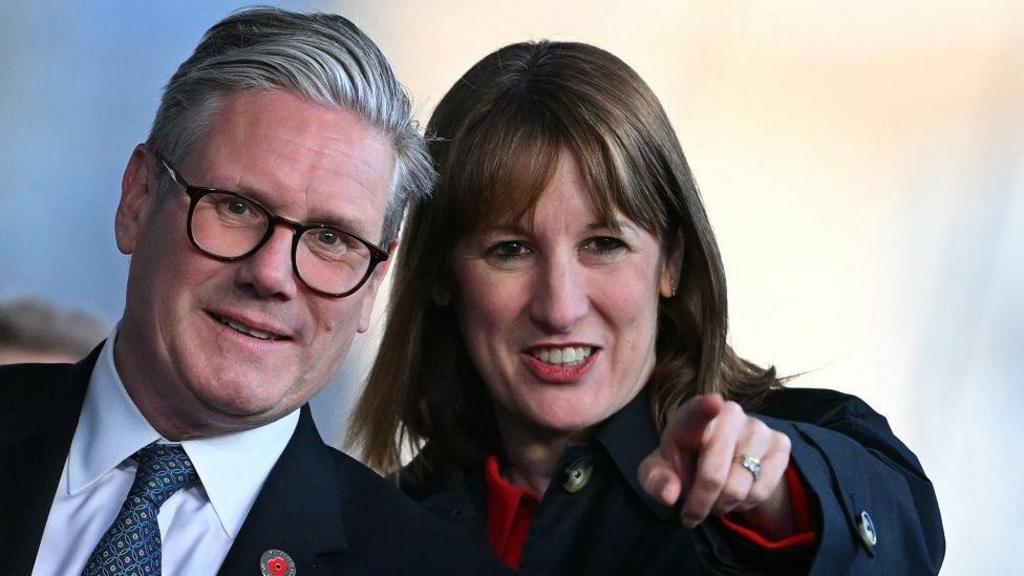Current economic realities significantly impact the national discourse and government decision-making.
Recent GDP figures highlight a persistent economic stagnation, even contraction.
This follows the Prime Minister and Chancellor’s presentation of the Spending Review as a positive turning point.
Shadow Chancellor Rachel Reeves, writing in The Daily Telegraph, argues that increased investment aims to improve citizens’ lives.
However, this vision feels distant, mirroring the unmet promises of previous administrations.
Sluggish economic growth further constrains government borrowing, a reality acknowledged within the Treasury.
The combination of limited borrowing capacity and slow economic growth suggests further tax increases are likely in the autumn Budget.
Meanwhile, the Chancellor urges MPs to promote the government’s plan, despite criticism of the Prime Minister and Chancellor’s communication skills.
Some express frustration with the perceived inability of the Labour leadership to clearly and effectively communicate their policy goals and target audience.
Questions remain regarding the clarity of the government’s mission and whether its public image aligns with its majority support.
Internal and external critics, including business leaders, express considerable doubts.
Paul Johnson of the Institute for Fiscal Studies notes a “decade of a growing state,” with departmental spending projected to grow at 2.3% annually above inflation, exceeding the 3.6% growth during the previous Conservative government.
Significantly, a substantial portion of this growth is allocated to the NHS, with daily spending projected to reach nearly £226 billion by 2028-29—comparable to Portugal’s total GDP.
Concerns persist regarding the adequacy of NHS funding and the long-term sustainability of such substantial and increasing expenditures.
Subscribe to our Politics Essential newsletter for in-depth coverage of Westminster and beyond.
President Trump’s handling of a UK-US trade deal document highlighted a minor diplomatic incident.
The Prime Minister described his decision to launch an inquiry as “practical, common sense politics”.
The US-UK agreement reduces tariffs on certain goods, including cars imported to the US.
No. 10 claims G7 allies support these measures; however, President Trump indicated no further US sanctions.
The BBC’s political editor considers the G7 agreement modest but still a significant achievement.

